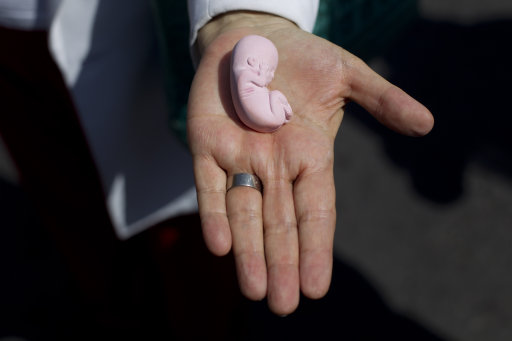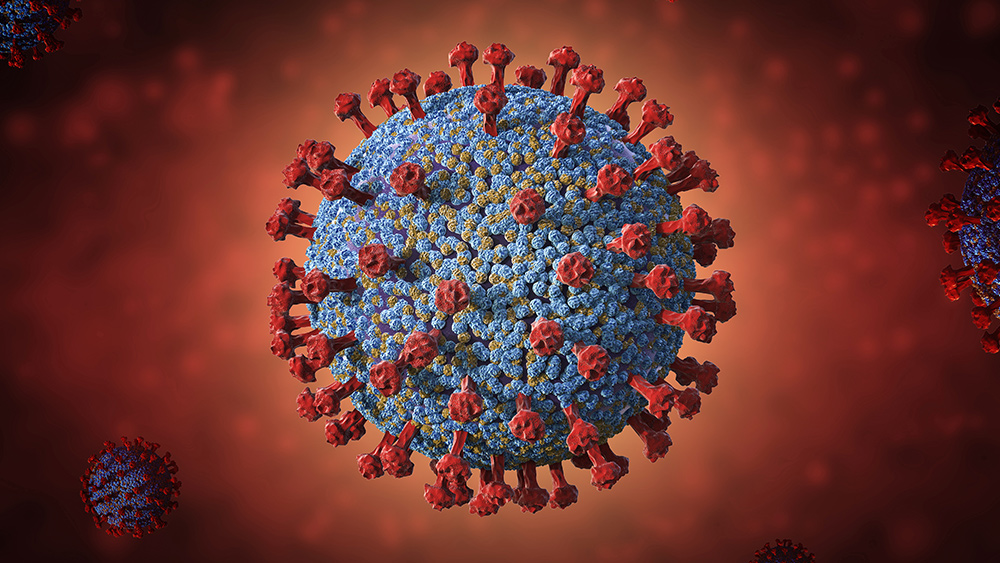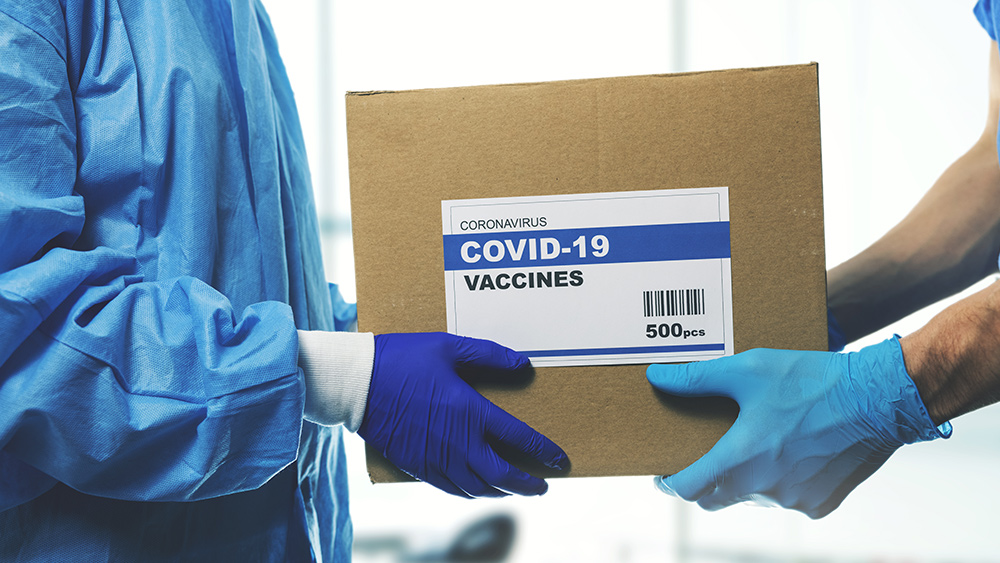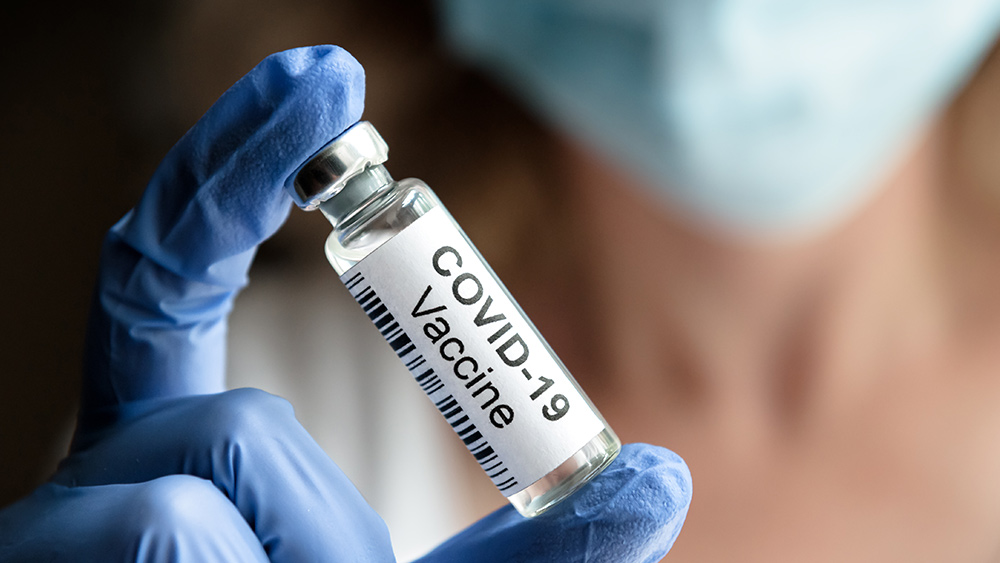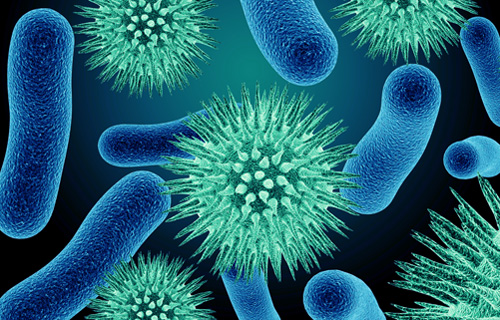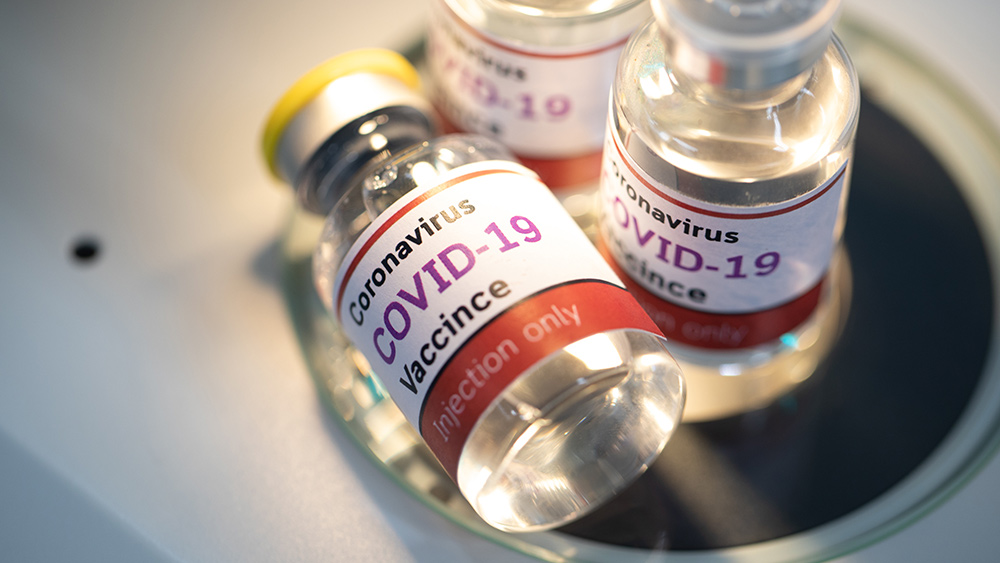Toxins in the environment found to impact male reproductive health
04/20/2021 / By Ramon Tomey

A number of chemicals found in some everyday items have long been determined to be harmful to the environment. But further investigations have revealed that some of these substances also impact the health of human beings. Furthermore, these affect human fertility, especially that of males, by reducing the amount of sperm produced by their bodies and the size of their genitalia.
According to Shanna Swan of the Icahn School of Medicine at Mount Sinai in New York, sperm counts in human males have fallen by almost three-fifths since 1973. The environmental and reproductive epidemiologist warned that unless the trend is reversed, males may no longer produce sperm by 2045. Swan tackles the issue in her book Count Down: How Our Modern World Is Threatening Sperm Counts, Altering Male and Female Reproductive Development, and Imperiling the Future of the Human Race.
The book is based on a study performed by Swan and her fellow researchers some years prior. The 2017 study published in Human Reproduction Update found that men from North America, Europe and Australia experienced a 50 to 60 percent decline in sperm concentration and total sperm count. While the researchers looked at studies from 1973 to 2011, they mentioned that there was no evidence of this trend leveling off in recent years. Swan and her colleagues concluded in the study that there was “a significant decline in male reproductive health … [with] serious implications beyond fertility concerns.”
Environmental activist Erin Brockovich elaborated on Swan’s point in a March 2021 op-ed for The Guardian. She quoted a number of excerpts from Swan’s book – including the fact that “the average 20-something woman in some parts of the world today is less fertile than her grandmother was at 35 [years old.]” Brockovich also noted Swan’s finding that a man in the current period “will have half of the sperm his grandfather had.”
Swan named chemicals called per- and polyfluoroaklyl substances (PFAS) as the substances responsible for diminished reproductive capacity. The Environmental Protection Agency (EPA) defines PFAS as “a group of man-made chemicals … used in a variety of industries around the globe.” PFAS can be found in different sources such as food packaging, commercial household products, drinking water and other living organisms. The EPA adds that PFAS “are very persistent in the environment and in the human body – meaning they don’t break down and they can accumulate over time.” It is this quality that earned PFAS the “forever chemicals” moniker.
PFAS also shrink the size of male genitalia aside from reducing sperm counts
According to the EPA, “there is evidence that exposure to PFAS can lead to adverse human health effects.” Diminished fertility is one of many detrimental effects of these chemicals, as mentioned by Swan. Aside from reducing sperm count, PFAS also caused penile size and testicular volume to diminish. (Related: EPA pledges to regulate PFAS in drinking water.)
Brockovich remarked that this negative effect of PFAS, which Swan noted in her book, mirrors previous research on these chemicals. Earlier findings have noted that these ubiquitous chemicals are correlated to a “reduction of … testicular volume and penile length.”
The activist noted in her op-ed: “Scientists have found these substances in the blood of nearly all the people they tested in the U.S. No country or region on earth is untouched by PFAS contamination: It is a global problem.” Brockovich continued that these chemicals are literally killing humans by directly attacking their reproductive capacities. (Related: FDA reports that PFAS, or “forever chemicals,” are NOT a health concern for customers, but other public health experts aren’t convinced.)
On a more positive note, Brockovich cited a number of actions to address PFAS in the environment. She mentioned that lawmakers in the state of Washington managed to pass the Pollution Prevention for Our Future Act in May 2019. The bill signed into law by Gov. Jay Inslee authorizes state agencies to ban certain cheE[micals and require manufacturers to disclose their use of these.
The act addresses substances that threaten the health of sensitive sectors of the population, such as pregnant women and children. It also targets chemicals that undermine sensitive animal species. Under the law five chemical classes will be addressed for immediate action – PFAS, organohalogen flame retardants, alkylphenol exothylates and bisphenols, phthalates and polychlorinated biphenyls (PCBs).
Toxic-Free Future Executive Director Laurie Valeriano lauded Inslee and the Washington State Legislature for their swift action on passing the law. “This landmark legislation gives Washington state agencies the authority they need to turn off the tap on toxic pollution that comes from products,” she said.
Even though Washington state made the first step to address PFAS on the government level, Brockovich lamented that this was insufficient. She commented that the U.S. “is fighting a losing battle because of weak, inadequate legislation” – a similar predicament in other countries.
Visit Chemicals.news to learn more about how toxic substances in everyday products impact human health.
Sources include:
Tagged Under: Erin Brockovich, harmful chemicals, male fertility, penile size, PFAS, reproductive health, Shanna Swan, sperm count, toxic substances







